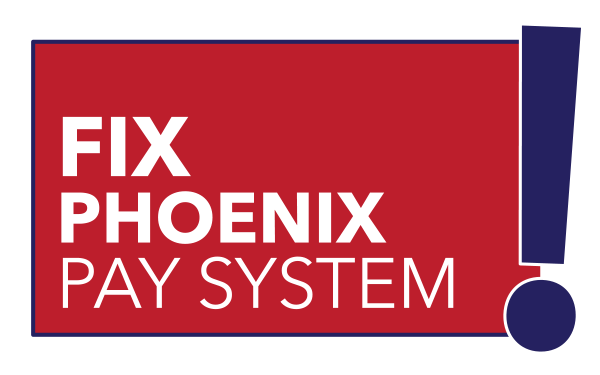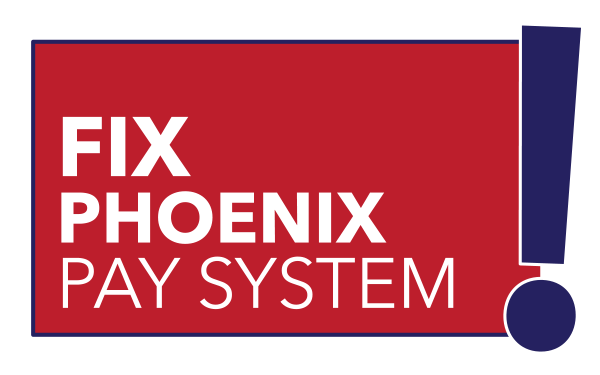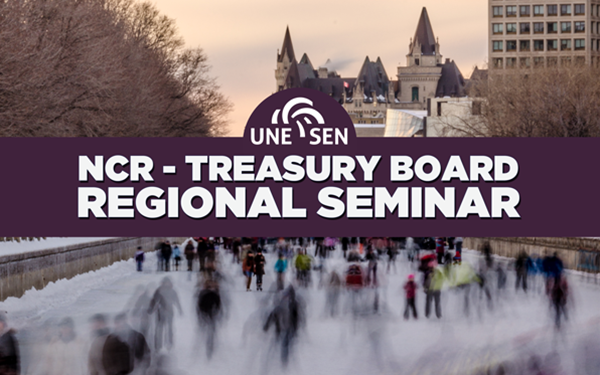
March 20, 2017 is International Francophonie Day. It’s a day that makes me reflect on what it means exactly to be a Francophone and where my roots come from. My family history in North America goes back a long way. My great-grandfather, Daniel LeBlanc, left France in the company of an historical icon for Francophones, the French aristocrat Pierre Dugua Sieur de Mons, who established in June of 1604 a colony on Saint-Croix Island under the authority of the French king. This settlement was the first French attempt at a permanent colony in the territory they called Acadie (Acadia). Samuel de Champlain was part of the Mons expedition on the small island. After a harsh winter during which more than half of the settlers died from scurvy, the outpost was moved in the spring to a new location called Port-Royal on the northern shore of Nova Scotia.
What exactly does Acadia mean? I’ll explain it to you from the heart. It is called the country without borders and every person defines it differently. Most Acadians from yesteryear had left France for survival reasons, as times were hard and they were looking for a better life. Acadia changed hands between France and England with each treaty, the last of which was the treaty of Utrecht in 1713, at which time Nova Scotia had been established. My family, the LeBlancs, established themselves in the Memramcook Valley, which was still in Acadia, but in June of 1755, England attacked and Fort Beauséjour, located at the current frontier of New-Brunswick and Nova Scotia, was captured and was renamed Fort Cumberland. The period from 1755 to 1763 was a dark period for Acadians, as the Great Upheaval or Expulsion of the Acadians occurred during this time. Slowly Acadians took more and more place in the English colonies, but there was a law making French forbidden in public; we were not allowed to speak our language. However, diehard Acadians spoke French in private and starting in the 1860s a movement to be legally recognized grew larger and larger via Acadians National Conventions. In 1884 the Second Acadian Convention in Miscouche in Prince Edward Island was one of the most important ever, because that was when we chose our flag, motto, national anthem and national holiday, August 15.
The International Francophonie Day was established to celebrate our common bonds, the French language, as well as our diversity.
If you ever visit Acadia or the Atlantic provinces, you will probably note that our Acadian dialect is very different in each community. This stems from various influences to which we were subjected while isolated from other Francophone communities. We have many turns of phrases and words that sound very different, but we succeeded in keeping our language alive, even during difficult times.
Being a Francophone from outside Quebec is not always easy as we live in a world that is rather English-based. I am lucky to live in New-Brunswick, a bilingual province thanks to Prime Minister Louis J. Robichaud, who in the 1960s launched the Chances égales pour tous program (Equal Opportunity for All program). It was also under his leadership that the First Official Languages Act was adopted by his Liberal Government in New-Brunswick in 1969, the same year that a similar law was enacted by the Federal Government.
Acadia is a country without borders but the Francophonie is also an identity without borders, making us all cousins. Whether you are a Québécois, an Acadian, a Franco-Ontarian, a Franco-Manitoban, a Franco-Albertan, a Franco-Saskatchewanian, a Francophone on the West Coast or in Northern Canada, we are all connected. A diversity in language that is as complex as our component of the Public Service Alliance of Canada. The Union of National Employees, Unity in Diversity. It’s ironic, I wasn’t thinking about that. Happy International Francophonie Day!
Mike LeBlanc, proud Acadian, Francophone and Unionist.
(LeBlanc with a capital B) (the Big B)
Accueil














